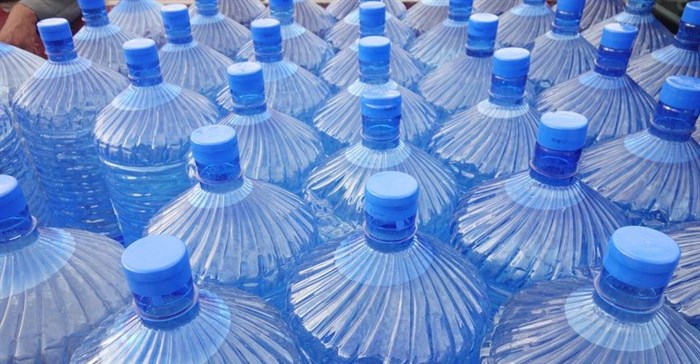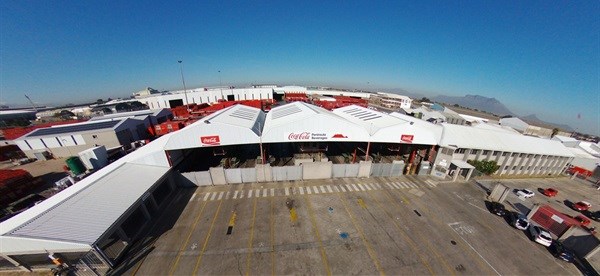
Top stories





Energy & MiningGlencore's Astron Energy gears up with new tanker amidst Sars dispute
Wendell Roelf 11 hours

More news


















Logistics & Transport
Uganda plans new rail link to Tanzania for mineral export boost










This initiative is dependent on CCPB being able to utilise alternate water sources in order to supplement the use of municipal water. The “prepared water" will be provided in a 2-litre recyclable PET bottle, according to Priscilla Urquhart, public affairs and communications manager at CCPB.
The bottles will be clearly marked “not for resale” and would also be produced to supply to emergency sites as determined by the Provincial Task Team on Water and the Disaster Risk Management team. CCPB will be working closely with the relevant authorities to ensure full approvals of all aspects of this water relief undertaking.
On the existing bottled water products it sells, CCPB says it has already implemented a discount structure with its retail customers on the BonAqua 1.5 litre [still] water in order to provide this product to consumers at affordable prices. All non-flavoured Bonaqua and Valpre bottled water sold in the Western Cape is produced and brought in from outside the Western Cape.

According to CCPB, it has invested in a number of initiatives to reduce the reliance on municipal water which include the potential use of professionally installed boreholes that are currently being tested in terms of sustainability and impact on the environment. CCPB is working with the relevant authorities to facilitate the speedy issuing of the necessary licences to ensure that municipal water supplies are protected.
The company has installed a 1.5 million litre bulk water tank at the plant in order to ensure a buffer in supply once the boreholes are approved and operational. It has also acquired three 33,000 litre food-grade water tankers to transport water from sources outside the water-stressed areas.
Following an announcement by the Cape Town Cycle Tour Trust this week, CCPB, as one of the main partners of the Cape Town Cycle Tour, will be using these tankers to assist in delivering the 2-million litres of water required by the City to ensure the event is water neutral. The water is being sourced from areas outside of the Western Cape, that are unaffected by any water shortages, and will be delivered into the City’s local water grid.
“In addition CCPB, has committed R1-million to fund an entrepreneurship initiative in conjunction with the City of Cape Town and Western Cape Government to fund new ideas that will stimulate the “water-wise economy” in the Western Cape,” said Urquhart.
CCPB is working with the Coca-Cola Foundation and other key partners to identify further initiatives in order to militate against the impact of the water crisis and to secure sustainable solutions into the future.